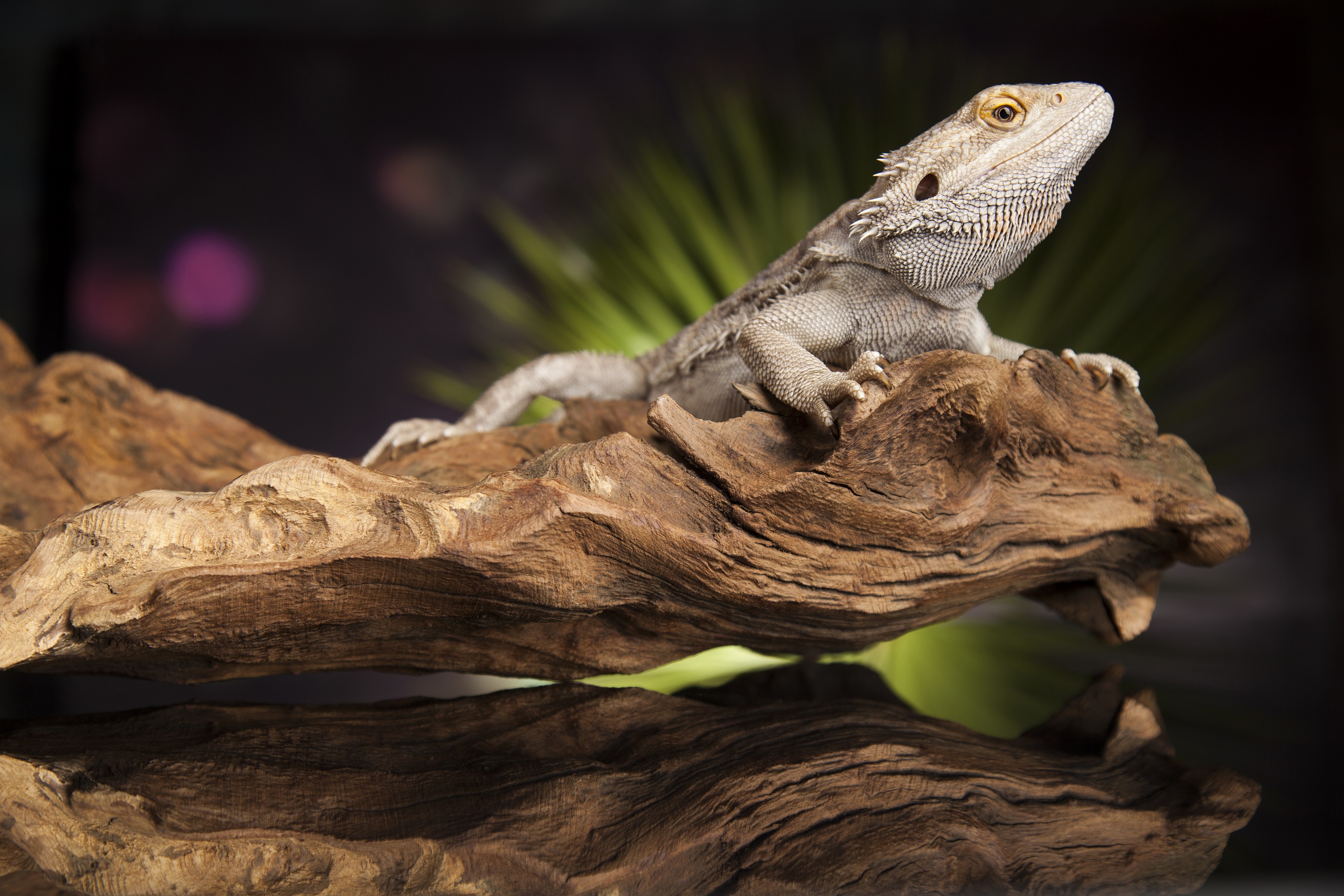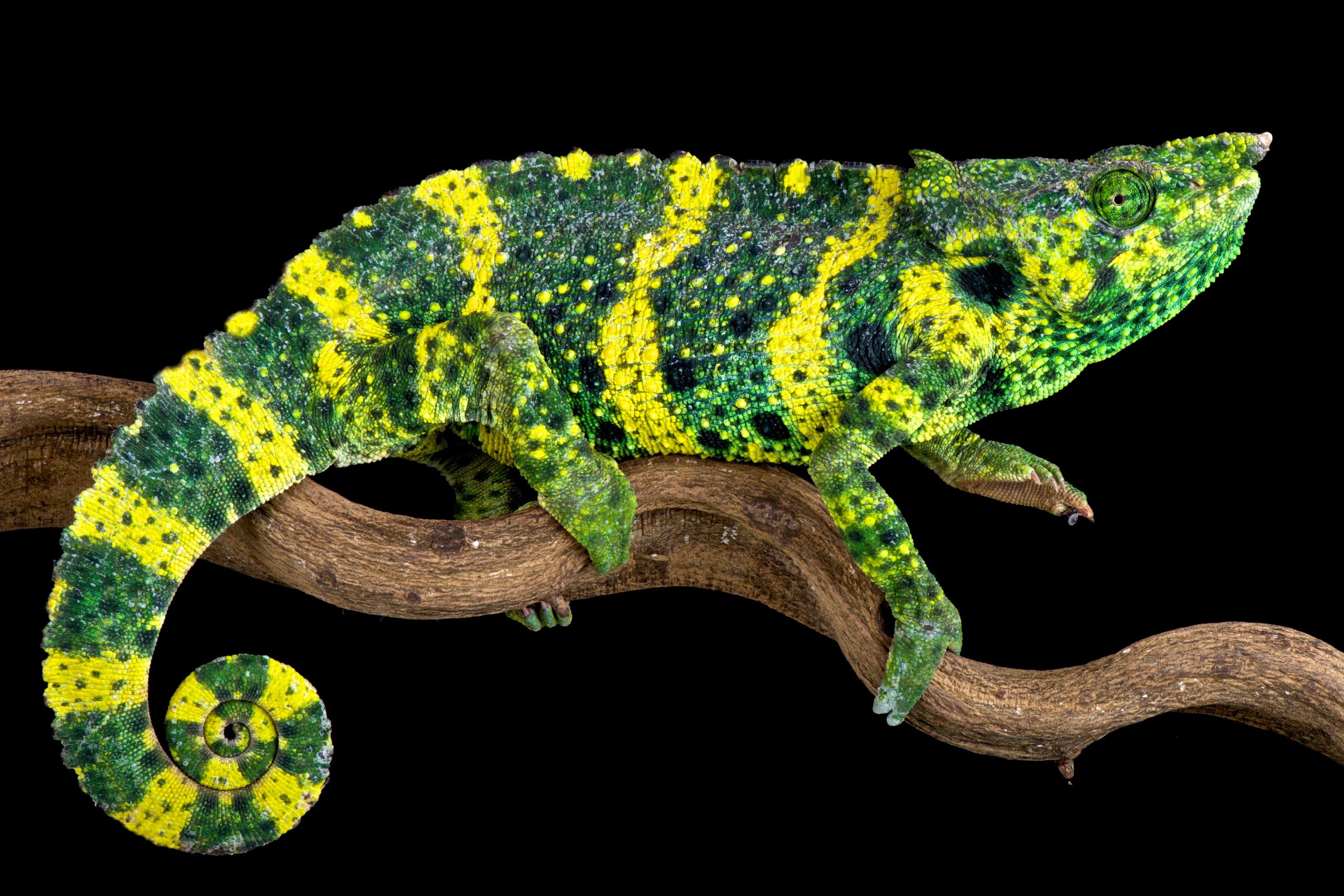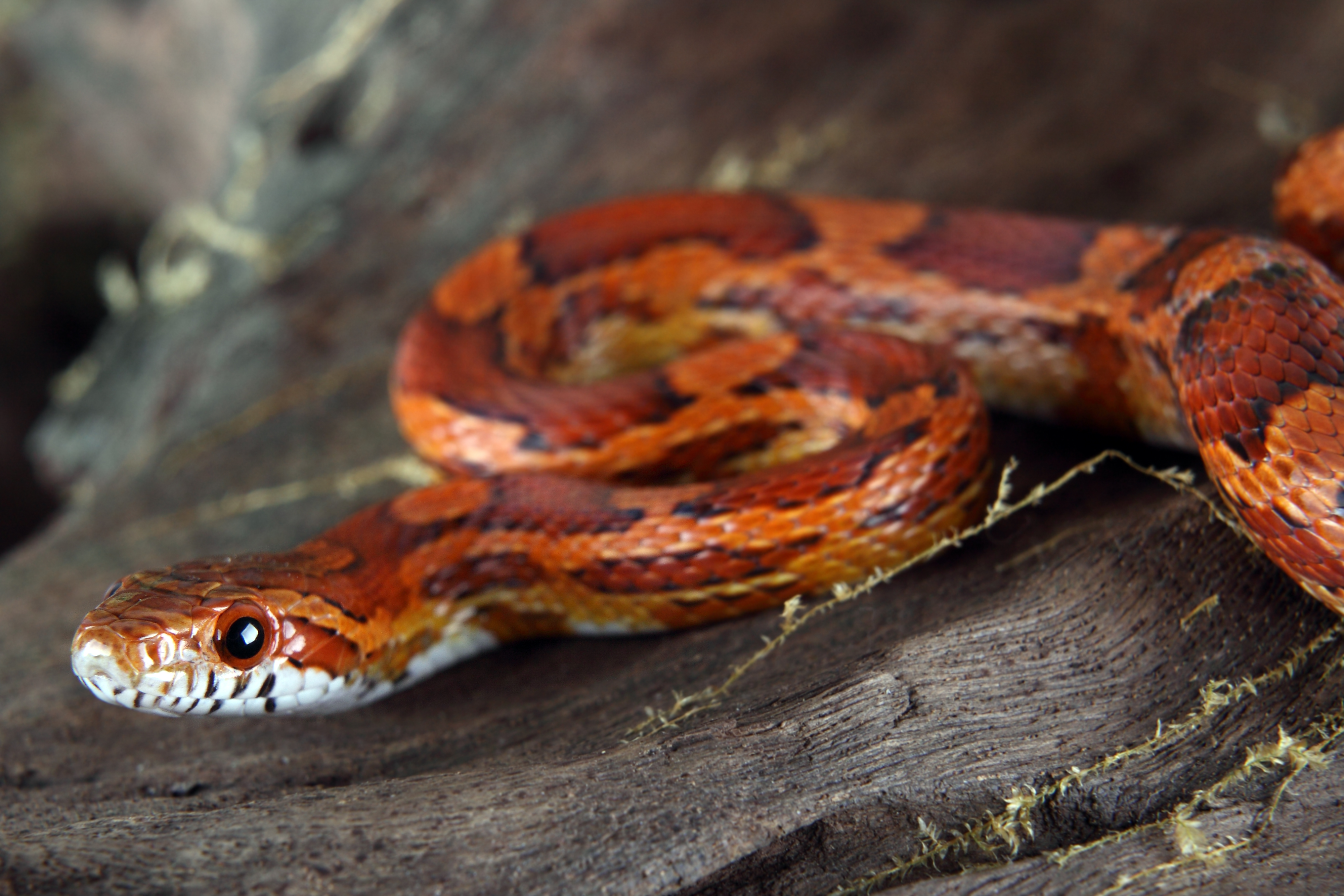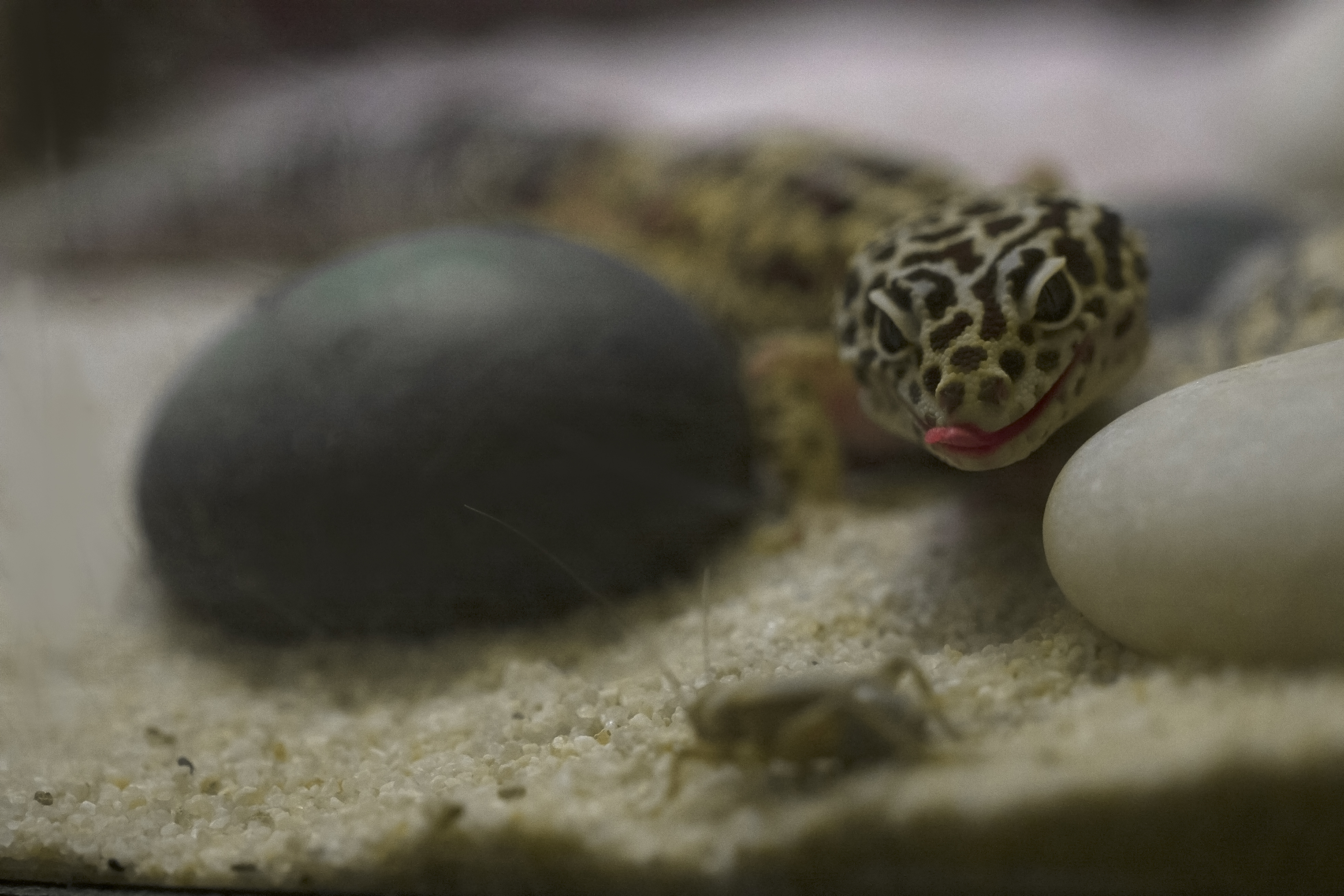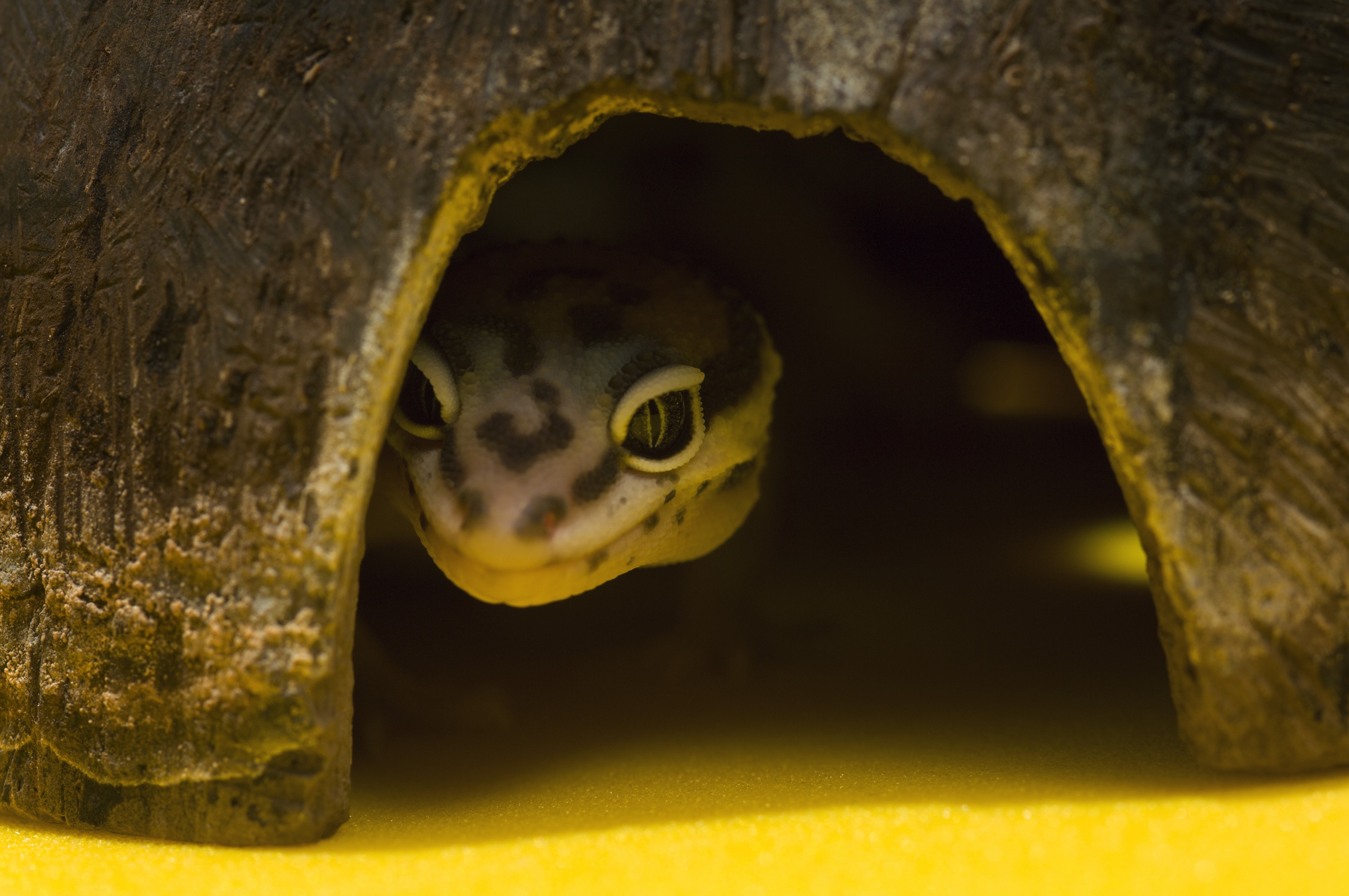Better Living Through Chemistry
Pet Age Staff //May 10, 2017//
BY JENNIFER HIGGINS
Just because they aren’t warm and furry or can’t fluff their feathers, doesn’t mean reptiles aren’t at risk of being under the weather. The physical health of our reptile friends should be just as important as their habitat size, food, water or substrate. Lizards, snakes and turtles/tortoises are exposed to a host of different environmental stressors that pose a risk to their overall health.
Education, creativity and innovation have helped us come a long way to recreate these creatures’ natural environment and resources. However, in addition to providing them with the appropriate substrate, light, heat and humidity, it’s essential that they receive supplements for their physical wellness and basic medications to treat minor ailments.
Retailers can be made aware of the supplement requirements of reptiles, especially the specific needs of the species they sell in their stores, keeping themselves updated and educated as new information is made available. Consulting with veterinary professionals, who are schooled specifically in exotics, is one place to start.
Doctor’s Orders
Kristin Claricoates, DVM of Chicago Exotics Animal Hospital, communicates that “the top two most important supplements for reptiles, without a doubt, are a calcium and multivitamin supplement,” as these are often missing in reptile diets when they are maintained in human care.
“The calcium should not have vitamin D3, nor should it have phosphorus,” Dr. Claricoates said. “Vitamin D3 is obtained from the sunlight in the wild, and in captivity by a UVB light bulb. Phosphorus is obtained from the insects that many reptiles are fed.”
However, she also points out that, “this doesn’t apply to all reptiles; for instance, carnivorous reptiles obtain their calcium and vitamin D through their diet.”
T-Rex’s David Hanono is aware of the ubiquity of calcium and the role it plays in reptile dietary supplements. So, T-Rex manufactures high-quality calcium supplements, such as the 2:1 and 2:0, which he describes as “vitamin enriched for better absorption, resulting in enhanced health, strength and longevity.” T-Rex’s 2:1 is made up of calcium, D3 and phosphorus for herbivores while the 2:0 is calcium, D3 and no phosphorus for the carnivorous crowd. Similar to this is the Bone Aid Microstick Calcium Powder, which Hanono says is “an ultra-fine, high-quality calcium; absorption is at a high level because it is so finely ground.”
According to Hanono, T-Rex Superfood series includes “Insect Cricket Balancers (ICB) [that] are available for bearded dragons, box turtles, leopard geckos, chameleons, tree frogs, anoles and fire belly toads. Just sprinkle this high-tech dust onto the crickets before feeding, and combined with the dietary value of crickets, they complete the vitamin, nutrient, mineral, and trace element requirements for your pet’s feeding needs.”
It’s That Simple!
Retail customers are often more interested in user-friendly products. Dr. Claricoates points out that the best way to get calcium and other vitamins/supplements to insectivorous and carnivorous reptiles is rather simple. All it really requires is sprinkling the recommended amount of a specific supplement over the insect’s feed, and the meal is ready to serve. Don’t have time to sprinkle, or worried about the waste and mess? Zoo Med has the answer to this with its Zoo Med Cricket Block, which can be placed amongst feeder crickets so they can add to their own nutritional value.
It seems that live insects are really the way to go for a lot of herp enthusiasts. However, retail store shelves should also be stocked with products to keep feeder insects healthy so pet owners don’t feel as though they are wasting their money on live insects when they won’t last.
Allen Repashy of Repashy Ventures, Inc., says the company manufactures and distributes a cornucopia of reptile foods, gels and nutritional products. Once again, its calcium is at the top of the list.
“Calcium and other vitamin supplements are definitely our best sellers,” Repashy said. “Our Calcium Plus line is a three-product range that is an all-in-one supplement that contains balanced levels of macro minerals, micro elements, vitamins and carotenoids. The three products vary in the amount of vitamins they contain and are targeted to be used with different amounts of UVB exposure and to work with the variable species requirements such as nocturnal vs. basking diurnal species.”
Repashy is also well known for niche formulas, such as its “Vitamin A Plus,” which is the only Vitamin A supplement on the market, and its “Rescue Cal,” which is a water-soluble calcium/magnesium supplement designed for treating specimens showing signs of metabolic bone disease.
When it comes to quality control, Reptile Rapture owner Richard Allen puts his money where his mouth is … literally. Allen claims that he and his staff in Madison, Wisconsin, will occasionally taste the flavored multivitamins that are created for sprinkling on iguana and tortoise vegetarian diets.
Though Zoo Med supplements, including Repti Calcium (with and without D3), populate Reptile Rapture’s shelves, other products add to the variety available to pet owners.
“Repashy’s Superveggie All-in-One Vegetable Supplement is one of our favorites,” Allen said. “And the vegetarian lizards and tortoises enjoy it as well. Sprinkling the flavored veggie supplements on iguana and tortoise vegetarian diets results in greater consumption of these diets. The flavored supplements tend to be better than some of the regular powders, as some calcium powders tend to be chalky.”
Allen is confident in the food and supplement products he carries in his store, to the point that he feeds them to the reptiles that he sells and keeps for breeding.
Location, Location, Location!
When it comes to product placement and marketing efficiency in stores, Repashy ensures its company provides its “dealers with a series of ‘Raised on Repashy’ small stickers that work great on terrarium displays to let the patrons know what to look for based on the species for sale.”
“It’s always best to get the product display as close to the live animal display as possible, but nothing beats an educated and enthusiastic employee who knows the products they sell and can personally recommend the appropriate products,” Repashy said.
He goes on to advise retailers that “another great placement option is to put insect dusts alongside your live insect sales … having Calcium Plus next to the prepackaged crickets, etc.”
